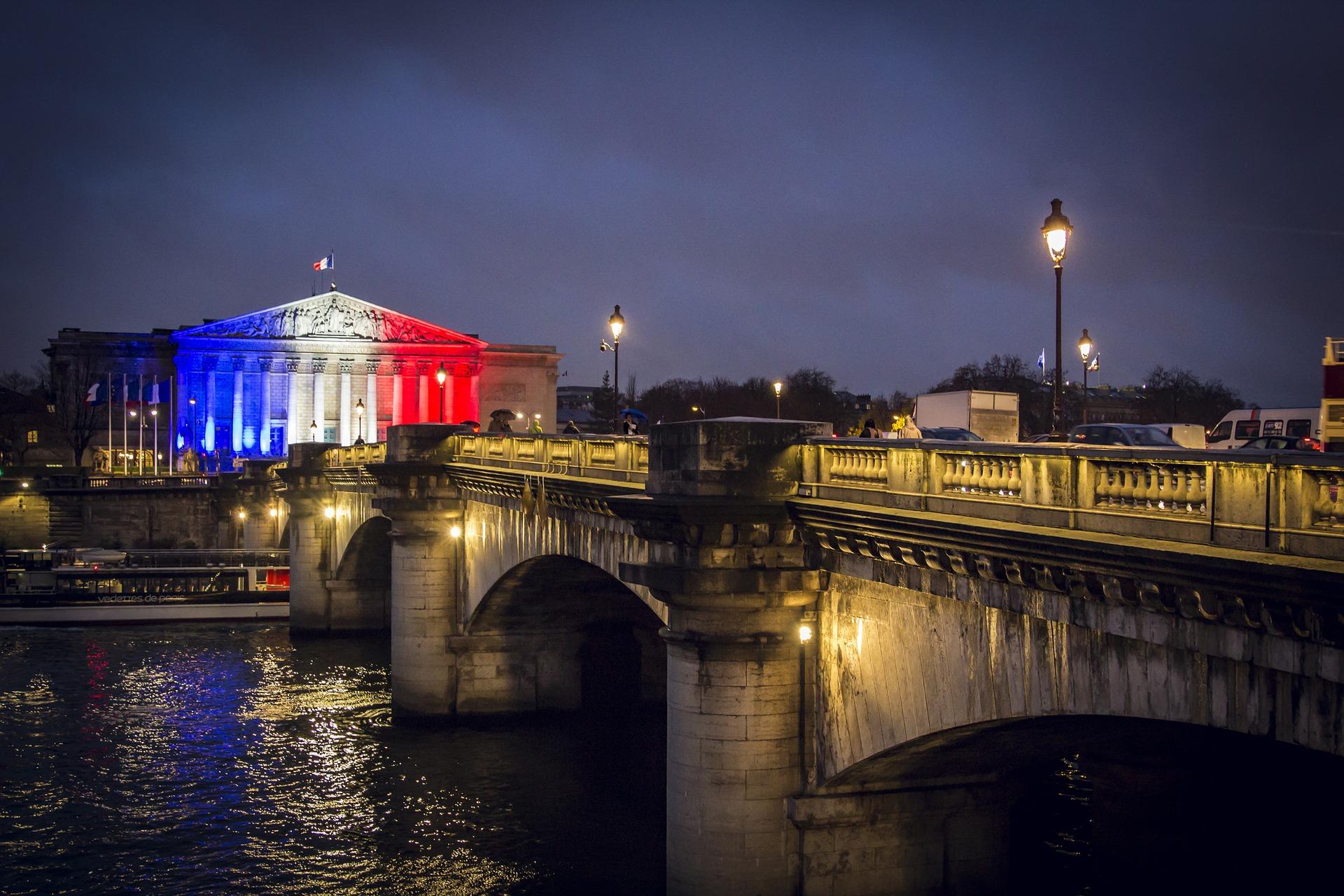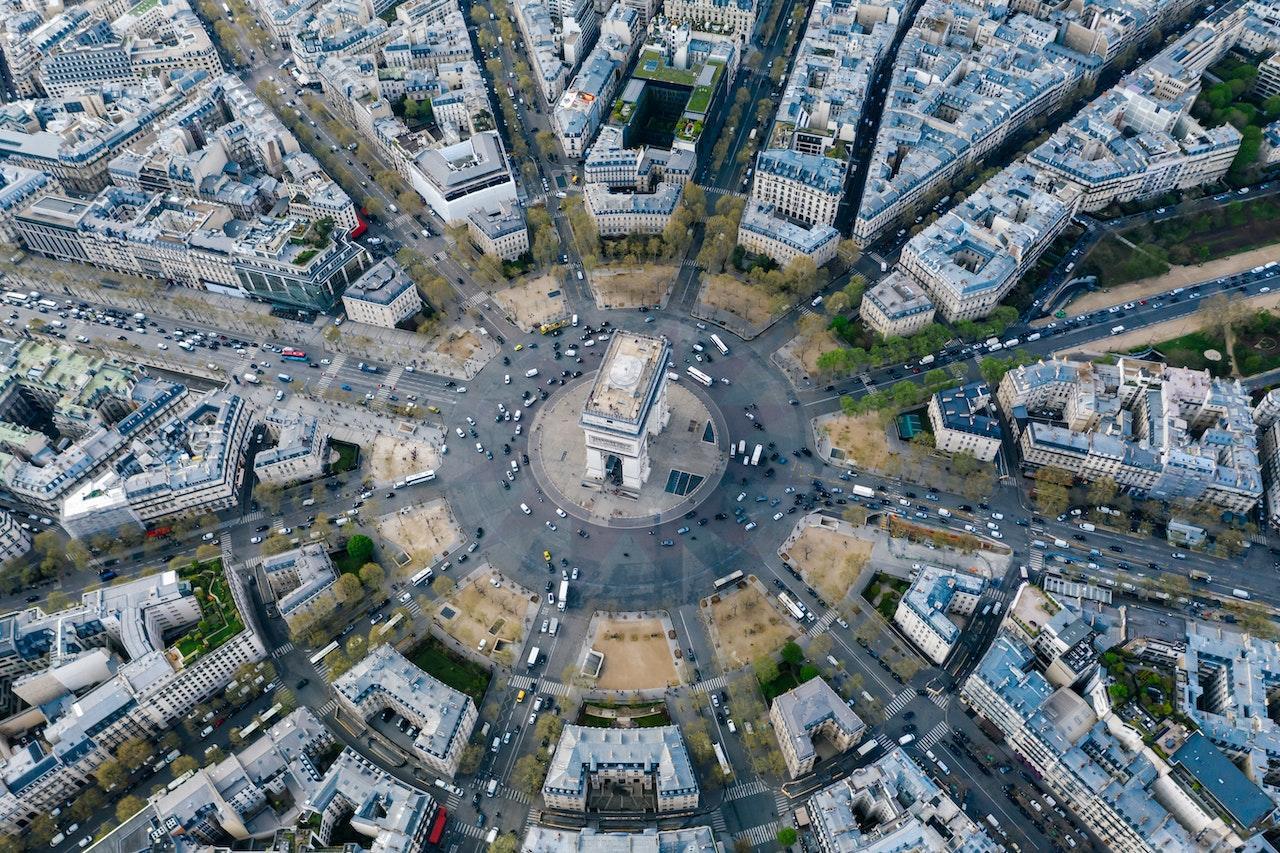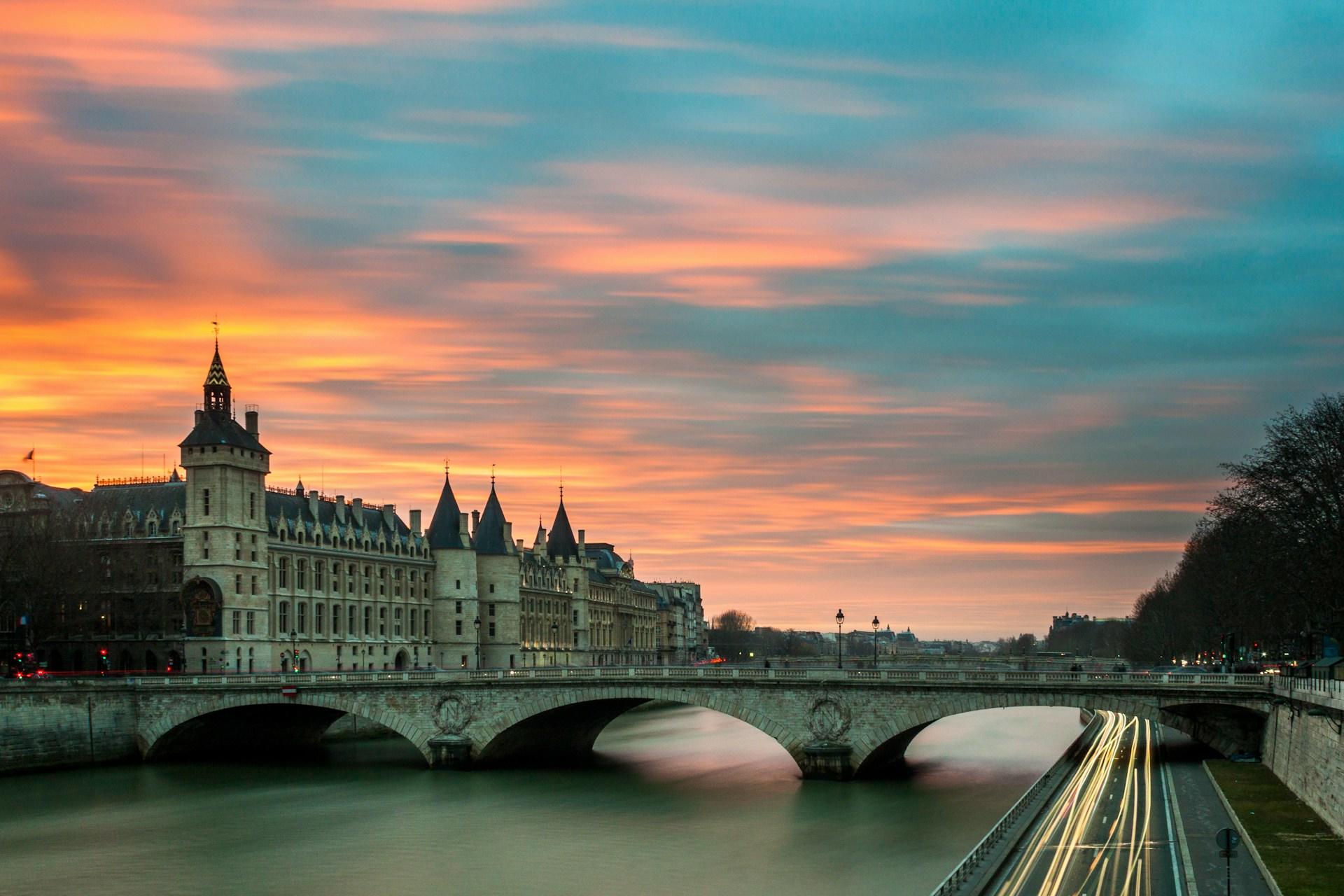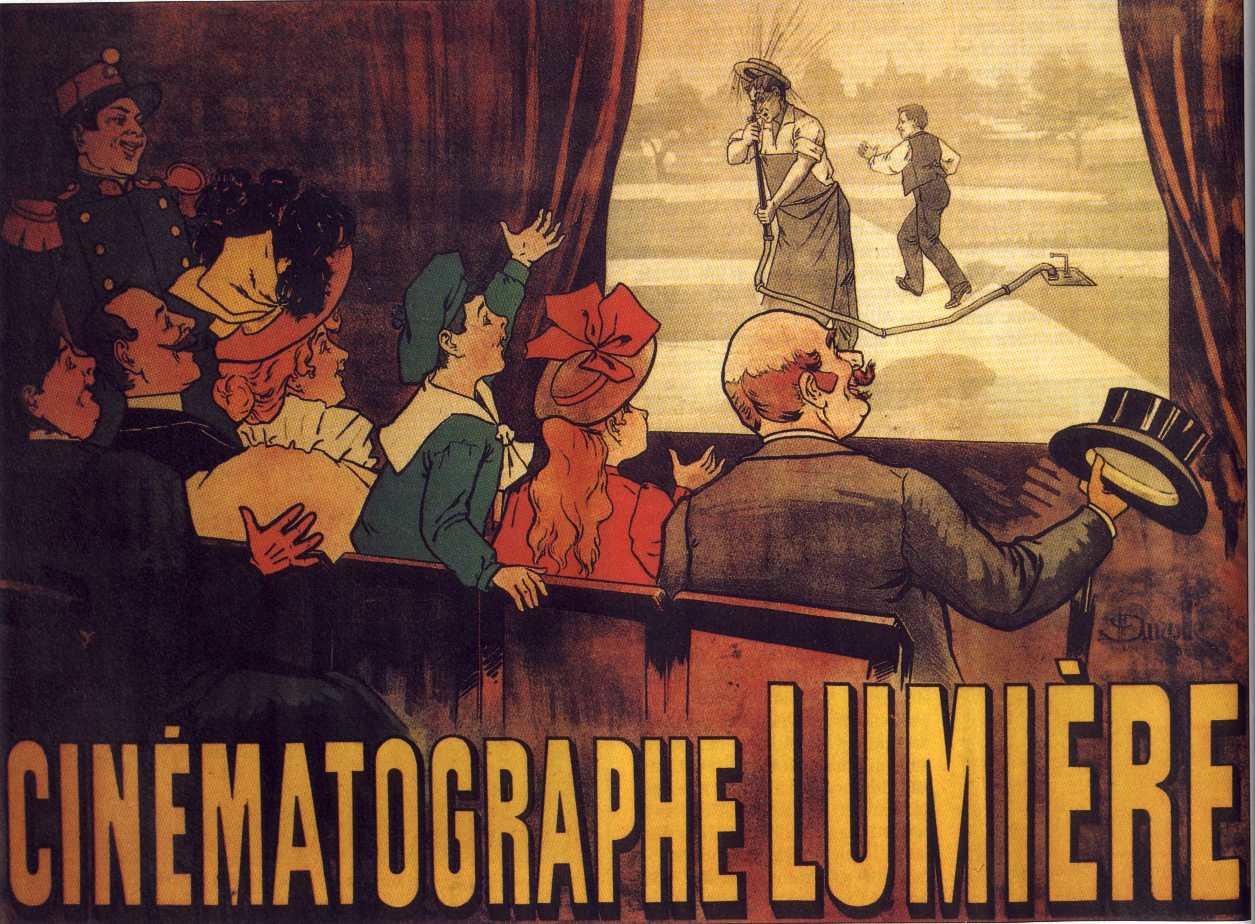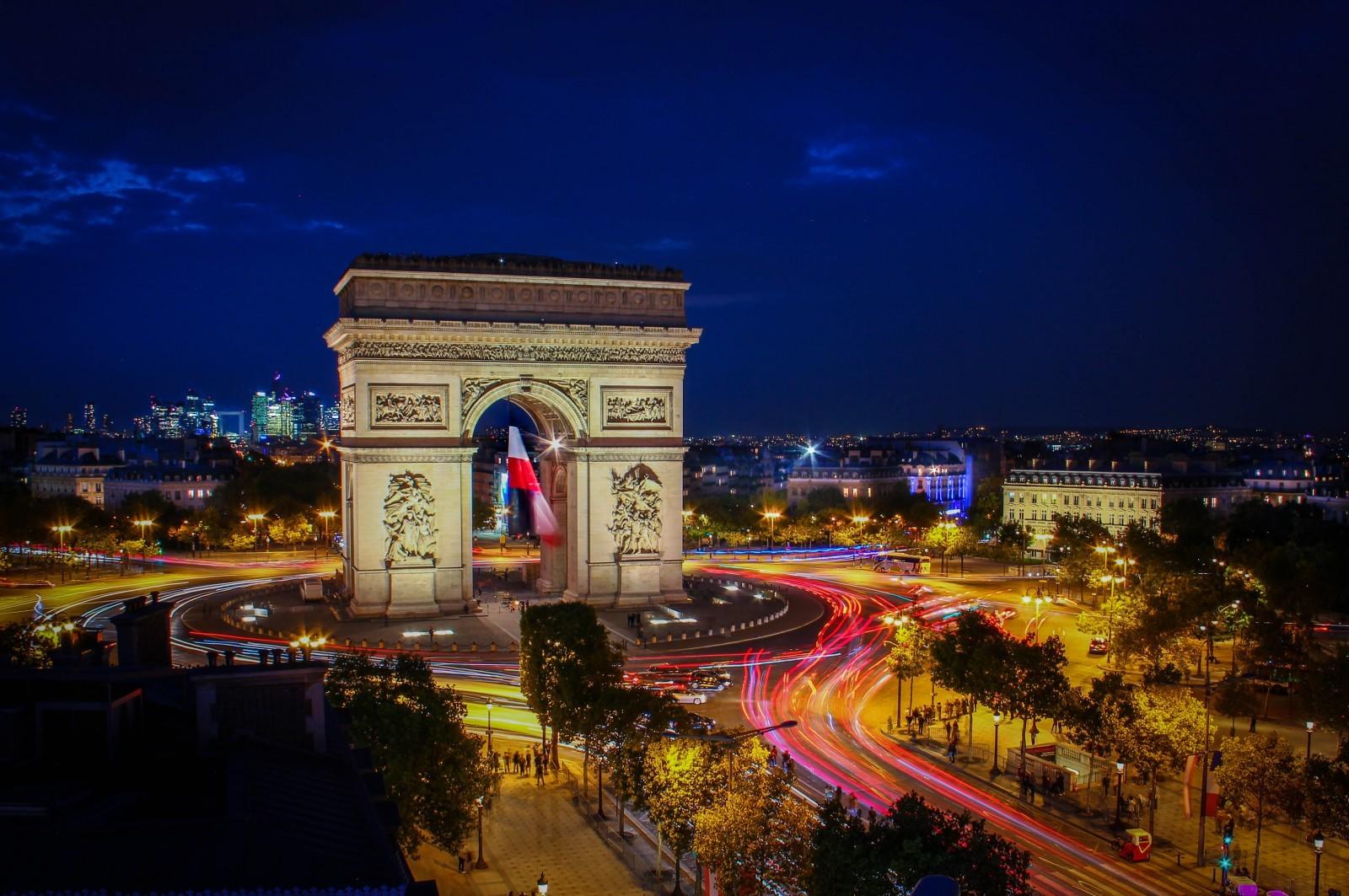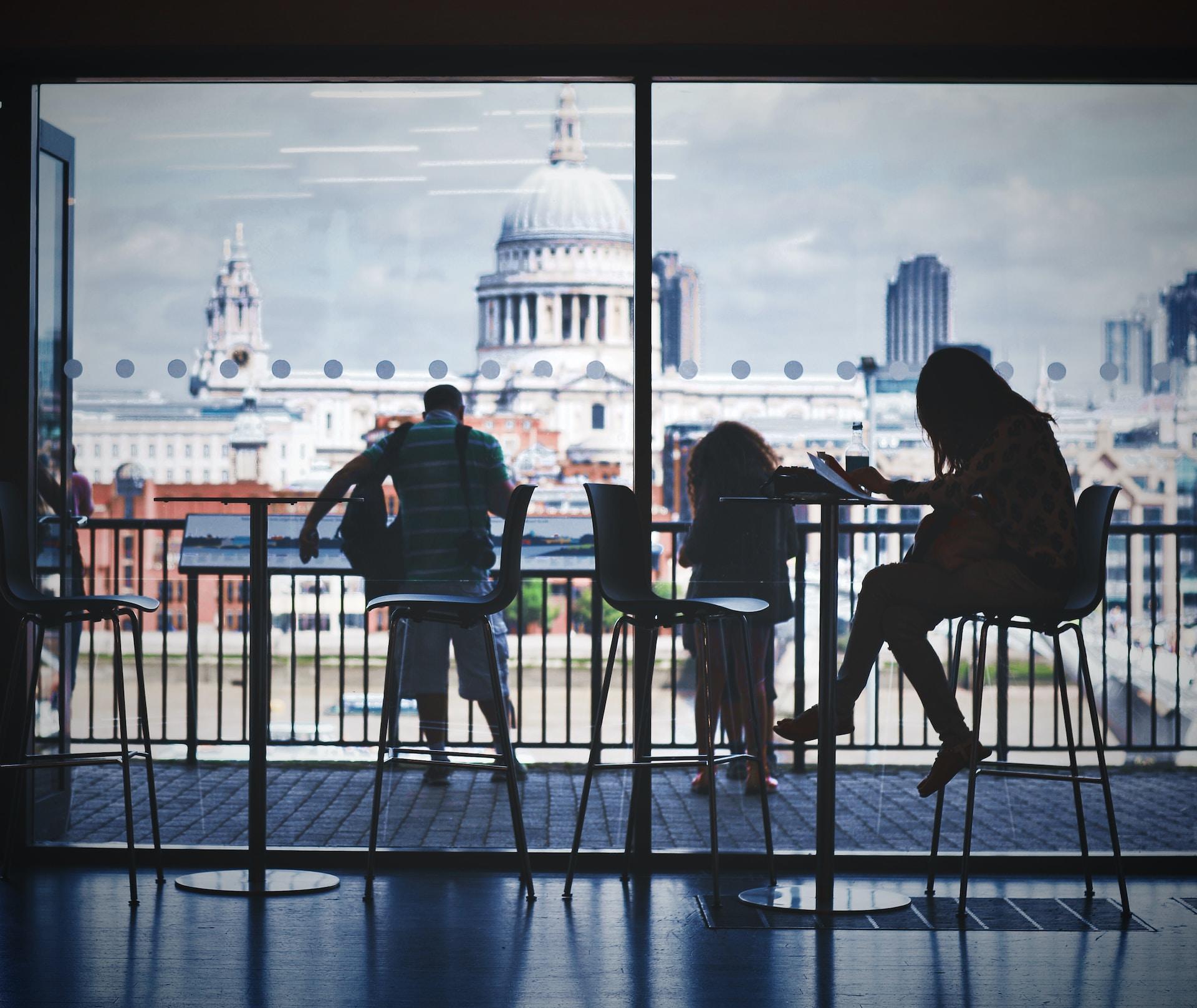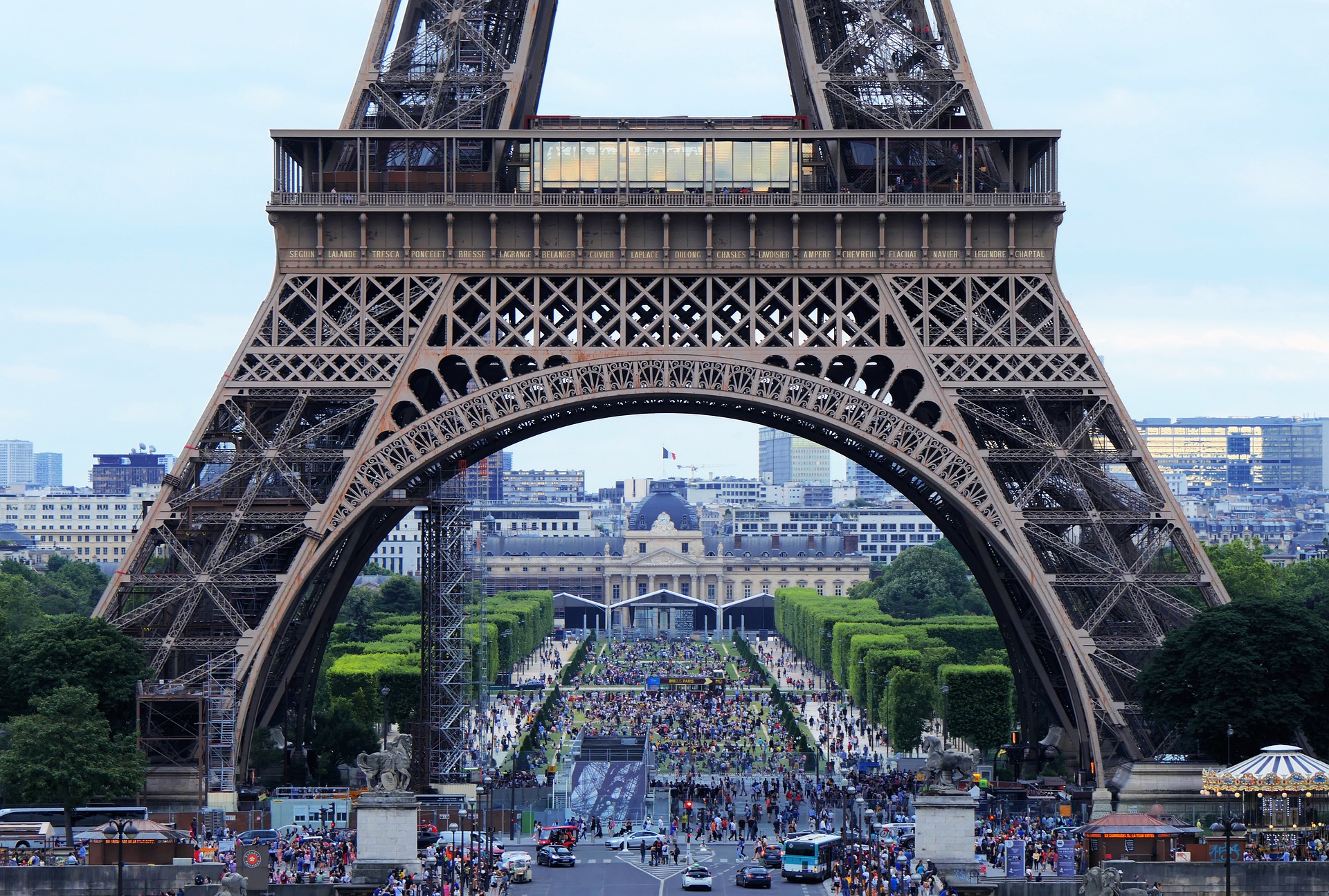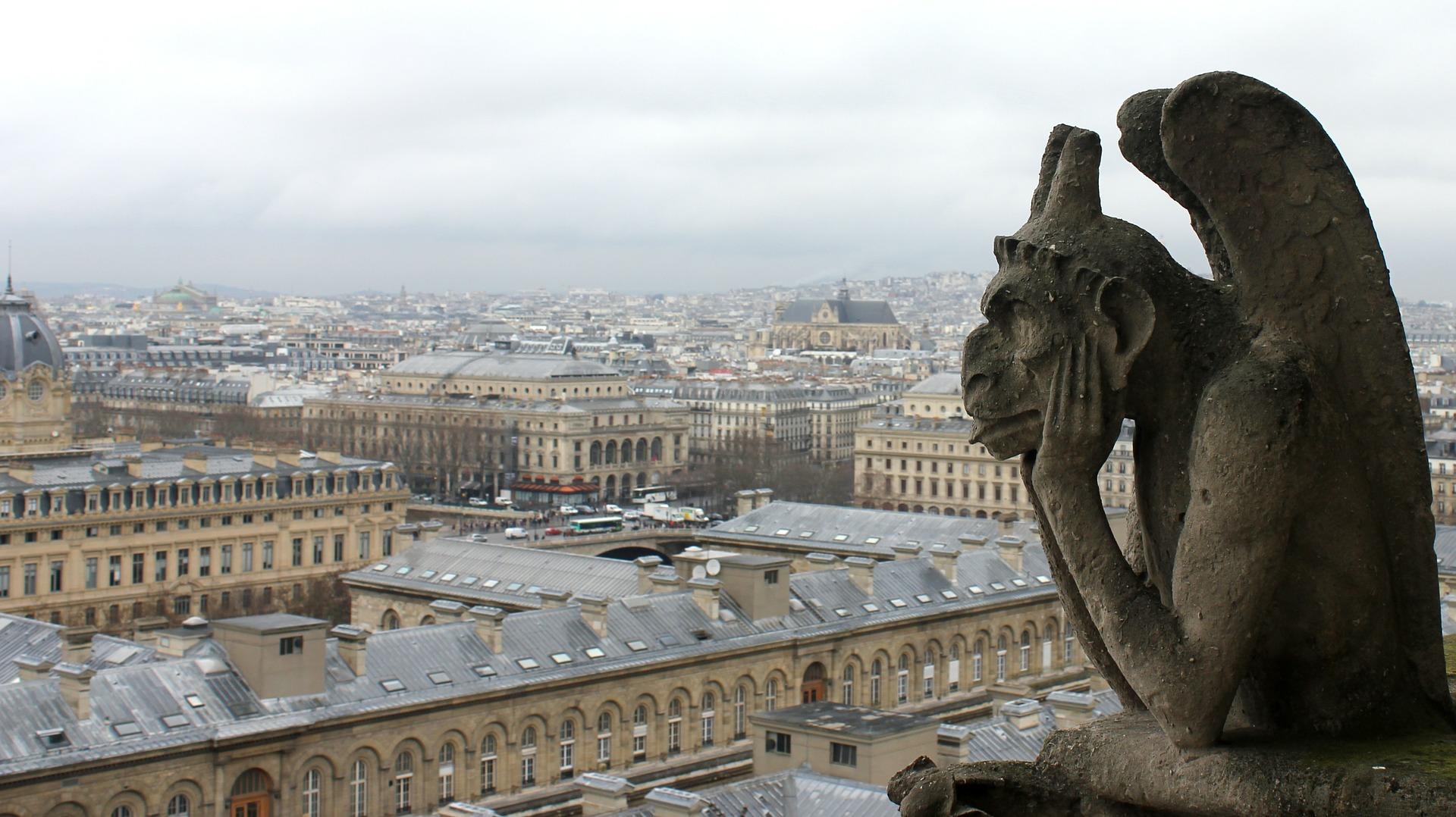Language is shaped by history, and French history is full of fascinating facts. Here at Superprof, we want to make sure you know as much as possible about French culture.
While you mightn't be a francophile by the end of this article, these interesting facts about France should make you want to learn more about the country, its people, its culture, and its history.

Fun Facts About French Language
Are you eager to learn French? Have you already booked French classes at the Alliance Francaise or a Superprof tutor? Here are some interesting facts about the languages of France:
- French is a Romance language, meaning it evolved mostly from Latin and is closely related to other Romance languages like Spanish, Portuguese, Italian and Romanian.
- Before Julius Caesar invaded Gaul and Latin became the administrative language, the language spoken by the Gauls was a Celtic language called Gaulish.
- The King of France Charlemagne did not learn to read as a child. He learned when he was an adult and promoted the founding of schools to increase literacy.
- In the Middle Ages, there were two main dialects of French called the Langue d’Oc (which gave its name to a French region in the south of France, the Languedoc-Rousillon) and the Langue d’Oil. The names of these languages are based on their word for “yes”.
- The French word for a novel is a “roman” - these were the first books written in the French language, also called “Roman”, rather than Latin. They were tales of chivalry and adventure.
- French pidgin languages combining the grammar and vocabulary of French and a local language are called “creoles”. There are creoles spoken in Martinique, Guadeloupe, French Guiana and various African countries.
- The first French dictionary dates to 1606, and the first grammar textbook to 1531.
French Isn't the Only French Language
While there are obviously languages spoken in France by immigrants and people who moved into France, France actually has native languages that are rarely spoken. This is because the language policy in France has historically been particularly unfriendly to minority languages and regional languages.
The Academie Française has never been a fan of anything other than French and has often gone to ridiculous lengths to try and stop loan words and words of foreign origin (particularly anglicisms) from being used in French. Of course, these attempts have often been in vain since people will speak and always have spoken however they wanted to speak. Beyond the Academie Française, the French government has not only supported and promoted the widespread use of French but also, at times, made it its mission to reduce or eliminate the use of other native regional languages in France.
In the 19th century, France only allowed French to be taught and used in schools. Minority language speakers were dissuaded and even punished for using said languages and it wasn't until the 1950s that France recognised that regional languages could exist. This was the first time that regional languages could be taught in secondary schools and languages like Breton were allowed to appear in the media.
Even then, this was hardly a popular idea with politicians as high up as the president of the country dismissing minority languages (Breton in particular) as having no place in an outwards-looking France. France's constitution states that French is the language and France's language policy reflects this.
Start learning French today by taking a French language course on Superprof.
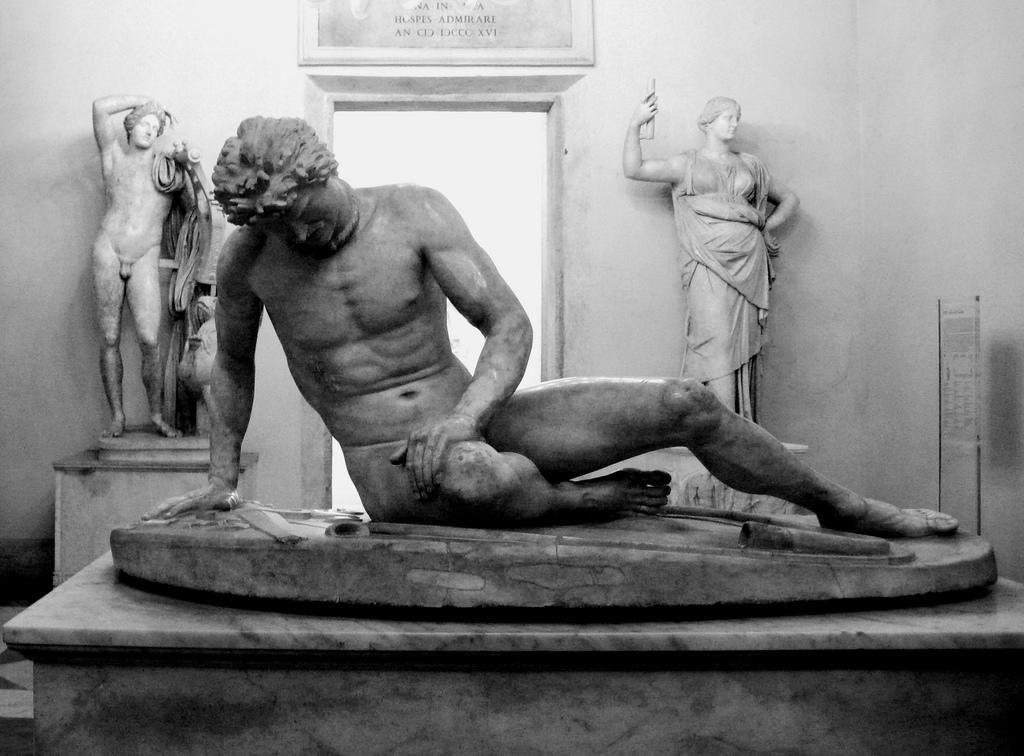
French History Facts: Kingdom, French Republic, Empire and a Colonial Power
Kingdom of the Franks
With the disintegration of the Roman Empire, Germanic tribes established new states throughout Europe. One such tribe was the Franks, ruled by the Merovingian dynasty. The earliest real king of the Franks was probably Childeric I., supposedly the son of the mythic founder of the dynasty Merovech. Childeric’s son Clovis became famous for converting to Christianity in 496.
Following the Merovingian dynasty came the Carolingians and the first de facto French empire, though it was not called by that name. Under Charlemagne, the Franks ruled over most of mainland Europe stopping at the Baltic states in the East, the border with Denmark to the North and excluding Spain to the southwest.
The last dynasty to rule over France was the Bourbons. They first ascended the throne in 1589, a cadet branch of the Capetian dynasty that first ascended the throne in 987.
Learn more in a French class in Melbourne.
A Republic, Directory and Consulate
Unlike America, which had a plan for after its Revolution in 1792, France just sort of stumbled into democracy it was anything but smooth sailing for the French republic. What started as a series of revolts for adequate representation in the people’s council and over poverty and inflation quickly escalated beyond the storming of the Bastille, with demagogues such as Marat and Robespierre catching the imagination of the French population during the French Revolution and instigating witch hunts for those opposing freedom (a vague concept, ensuring that the guillotine never slept).
At first, France was aiming for a constitutional monarchy, though they brought King Louis XVI from the palace of Versailles to the Louvre in Paris to keep a better eye on him. However, when he betrayed their trust by trying to flee to Austria with his wife Marie Antoinette, that idea was scrapped with the ever-ready blade of a guillotine.
It then tried a Directory, which mostly didn’t function, until Napoleon Bonaparte decided to help instigate a coup and install a triumvirate, of which he was First Consul.
First Empire
With deft political manoeuvering, Napoleon set up a vote that almost unanimously decided to make France an Empire (the Directoire had already been busy bothering the neighbours by invading Italy and annexing Belgium and the Netherlands) under its first official Emperor, a young general from Corsica, Napoleon I.
Get information about the best French lessons in Sydney here.
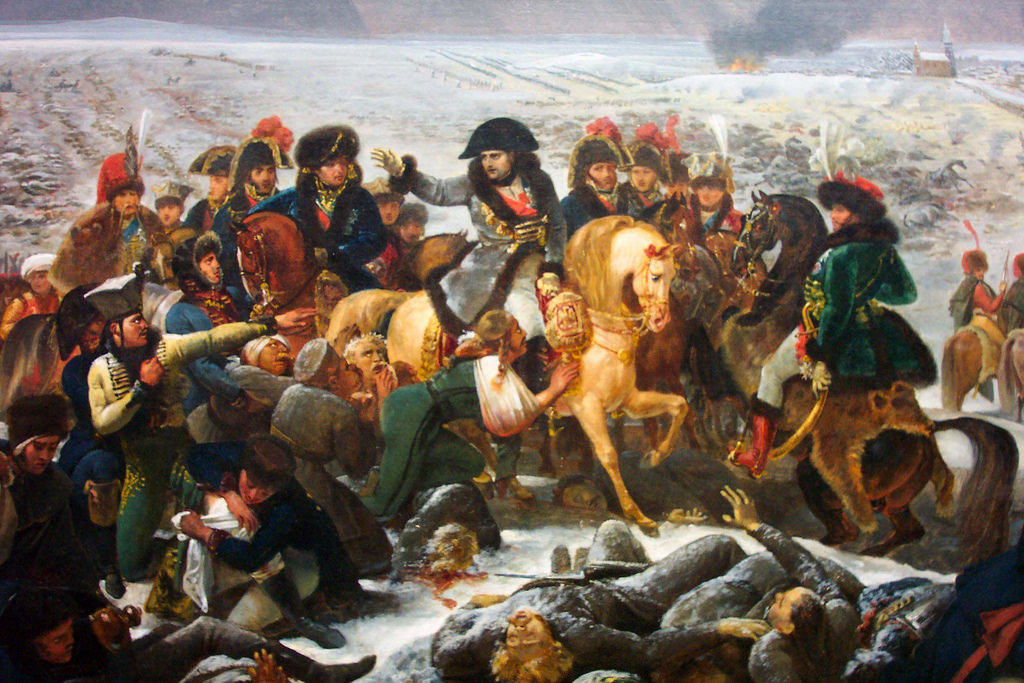
Napoleon continued his expansionist policy, annexing southern Germany and continuing his campaign in Italy. Secure in the support of Russia, which until then had been an ally, he invaded Spain.
There, he was ultimately pushed back by General Wellesley, while on the other front Russia and a coalition led by Prussia ensured his defeat in 1814.
The Second French Empire
Still unsure of what it wanted, France decided to try monarchy again, installing a brother of Louis XVI, also called Louis (XVIII), as a constitutional monarch. His reign was interrupted by a brief return to power by the Corsican Napoleon Bonaparte, who was defeated at Waterloo and sent in exile to St. Helena.
After two more monarchs (Charles X and Louis-Philippe), France decided to try a Republic again. It elected Napoleon's nephew Louis-Napoleon as the first President of France.
Unfortunately, the new constitution did not allow him tostand for election to serve a second term - and so he declared himself Emperor.
France is now on its Fifth Republic
Rise and Fall of a Colonial Power
The first wave of colonisation in the 17th century centred on North America (Nouvelle-France with Québec and Lousiana), South America (the Caribbean and French Guiana), the islands around Madagascar as a stopover for the India trade and, only mildly successfully, India itself.
A series of wars and disadvantageous treaties greatly reduced the French holdings, though some, such as the Seychelles, were restored at the end of the Napoleonic Wars.
You can find out about french lessons in Wollongong here.
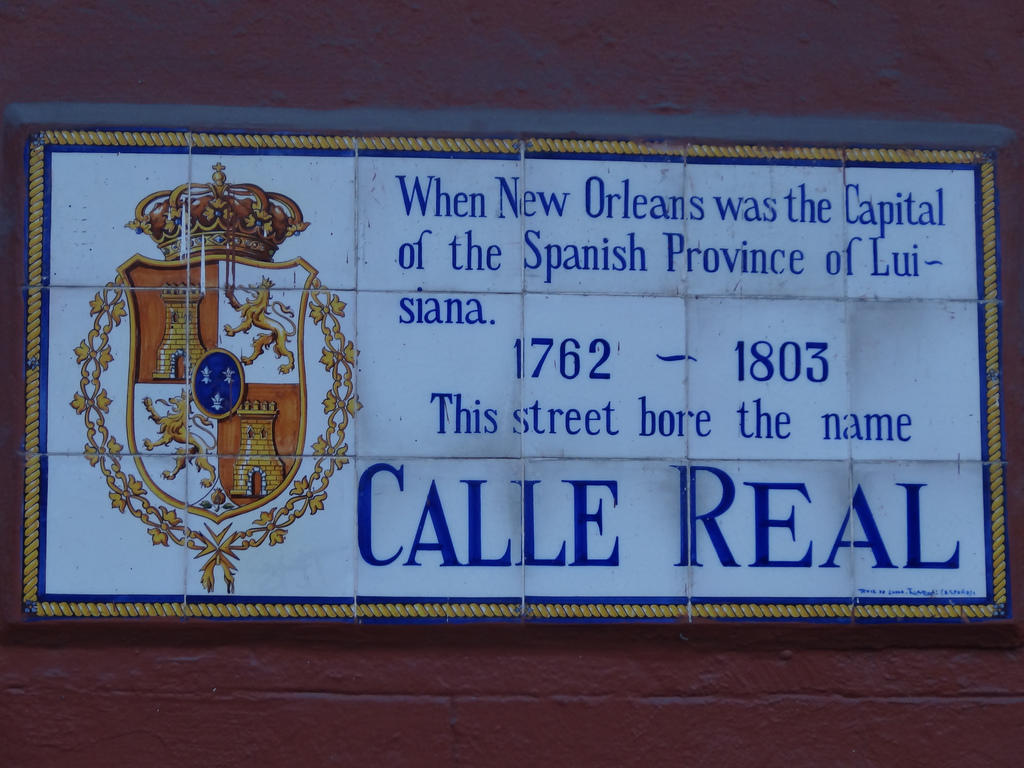
The Directoire and Consulat both took action to secure land outside of Europe, most notably in North Africa, but the second wave of expansionism started under Napoleon III. France ended up with most of northwest Africa and holdings in Vietnam and Cambodia.
Read on about France's colonial power.
Decolonisation
The colonies survived two further French republics, though dissatisfaction was growing. It wasn’t until after World War II that the Départements D’outre-Mer (overseas departments) were created, allowing some of the ex-colonies (such as Guadeloupe and Martinique) to become an official part of France.
Of the remaining territories, (for example, French Polynesia) some became independent, and others received a special status in the French Republic, first as the Overseas Territories, and since 2007 as the Overseas Collectivities with semi-independent status. Learn more about the French Empire with our blog on the French Colonial Empire.
French Fact: French is Spoken in About 30 Different Countries Worldwide
French is still spoken in all the DOMs and COMs, where it is the official language (or one of them), but many of the ex-colonies and territories have kept French as one of their official languages, including the Indian regions of Puducherry and Chantannagar, where it is an administrative language. In fact, many of the colonies lost before the 20th century still speak French in some form or other, such as Quebec and some parts of Louisiana.
In Europe, French persists in regions once (or twice, or several times more) belonging to France, such as Belgium and parts of Switzerland. The population of several of the European microstates in the European Union speak French as well:
- Monaco in the south along the French Riviera
- Luxembourg, alongside Strasbourg and Brussels, one of the capitals of the European Union
- Andorra (though here it is not an official language) in the Pyrenees mountains
There is even a little corner of Britain where a French dialect is still spoken by some of the inhabitants: the English Channel islands, where they speak a version of the dialect spoken in Normandie.
Of course, much like other languages that are used in various countries and locales, French varies across France and around the world. The French spoken in France is not the same as the French spoken in Belgium, Switzerland, Canada, or any other country in the Francophonie.
If you decide to learn French, you'll most likely learn a neutral, international, or standard form of French, which is likely based on French spoken by groups of a certain socioeconomic standing in and around Paris. You can also learn other variants, but Standard French, as it's often called, is the variation that's most commonly used internationally.
There won't be too much of a problem if you learn a "non-standard" variety of French as you can be understood by most French speakers and in some cases, it might actually be more useful to learn the variety that's specific to where you'll be going or who you'll be talking to. Let's just say that Standard French is all well and good when you're in school, but there are some parts of the French-speaking world where you'll feel a bit lost if you're not familiar with their dialect or accent.
French is an International Language
While French isn't anywhere near as widely spoken as Mandarin Chinese, English, or Spanish, for example, it still remains a relevant language globally down to how important it is politically and culturally. In addition to the aforementioned countries where French is also spoken, French is the official of plenty of organisations.
While French is obviously the official language of the Francophonie, the international organisation of French-speaking countries and nations, it's also one of the official languages of the United Nations alongside Arabic, Chinese, English, Russian, and Spanish.
French is also one of the three main official languages of the European Union with English and German. Of course, the EU has a total of 24 official languages, but French, German, and English hold the status of "procedural" languages, which means these are the languages that are the working languages of the bloc.
With the UK leaving the European Union, the French language's status is drastically improved as only 1% of the EU now speak English as a first language whereas 14% speak French as their first language. However, it's still behind German and Italian with 20% and 15% respectively.
French is also hugely important in sports and an official language of the International Olympic Committee, FIFA and UEFA in the world of football, the FIA, the organisation that runs global motorsport.
More Fun Facts About France They Didn’t Teach You In School
The French island of the Mont Saint Michel is accessible on foot by low tide
The French coast of Normandy has a most spectacular tidal phenomenon. When the tide goes out, it reveals kilometres of sandy beaches and leaves a land bridge to a small island with a monastery and a town. Of course, now you can access the Mont Saint Michel at high tide, too, by means of a bridge connecting it to the mainland. It is one of the most beautiful places in France and one of the most visited along the coastline of Normandy.
Mont Saint Michel has been a popular spot for filming throughout the years and while Harry Potter wasn't filmed here, it's been said that it's served as inspiration for locations like Diagon Alley and could have easily featured in the films without looking out of place!
The first programmable machine was made in France
When we think of computer progress, we think of Silicon Valley, but the first programs were for a mechanical loom invented by the French draper in Lyon, Joseph Marie Charles Jacquard. Jacquard was well known for its woven designs and found a way to use punch cards on a roll to tell their mechanical loom how to adjust it sheds and shuttles to make the patterns automatically. Tourists who travel to France can visit an original at the Musée des Tissus et des Art Décoratifs in Lyon.
The first computer programme was written by Ada Lovelace, Byron’s daughter, for English inventor Charles Babbage’s Analytical Engine. And all without electricity.
Parallel Popes in France
For a time, the Papal Seat was not in Rome, but in Avignon, a city along the Mediterranean. A disagreement between the French crown and the papacy culminated in the French king Phillip IV being excommunicated and killing Pope Boniface VIII in retaliation. Boniface’s successor, Benedict XI, reigned about a year before dying under mysterious circumstances. His successor, Clement V, was French and decided to leave Rome to live in France in 1309. Avignon remained the papal seat for the next 67 years, with 7 popes reigning from the Palais des Papes until Gregory XI returned to Rome in 1376.
After Gregory’s death, a disagreement between the elector cardinals and Gregory’s successor, Urban VI, led to the establishment of parallel lines of popes (called anti-popes) in Avignon. Two anti-popes resided there, Clement VII and Benedict XIII. The latter was unpopular even with the French, and he was forced to flee to Perpignan. There were other anti-popes after him, but he was the last living in France to reside in the papal palace of Avignon.
Check out how you can discover some of the best french lessons in Adelaide here.
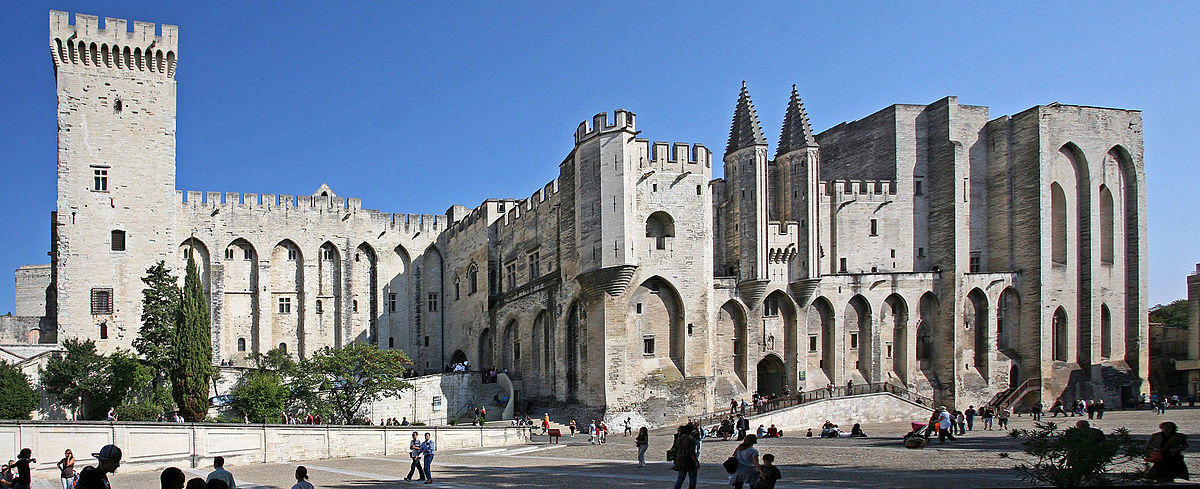
The papal palace - actually two palaces joined together - is the largest Gothic building dating to the Middle Ages. You can still visit it as a tourist in Avignon today, where it doubles (or triples) as a tourist attraction/conference centre, research centre and exhibition hall. A must-see for your next trip to France! You can take the high-speed train from Paris to Marseille and be there in a few hours.
While you're there, you can also visit the Pont Saint-Bénézet or the Pont d'Avignon, which was the inspiration for the famous song Sur le Pont d'Avignon. The bridge was destroyed twice and doesn't actually span the river, but you can still visit it!
There are WWI battlefields in France still inaccessible to the public
There are still miles of trenches and open battlefield zones in certain regions in France from World War I that are off-limits to the public and where no agriculture is permitted because the soil is so saturated with the chemicals used in the various gas weapons and the concentration of bodies buried there is so high that the soil is toxic. This means that even escargot and frog legs are off the table, and the geese for the foie gras can't be fed from anything that grows there.
However, when visiting France there are other World War I battlefields that are accessible, where you can visit the trenches and see how the soldiers lived.
Click here for more interesting facts about France!
Or, look for french lessons to improve your language skills!
Summarise with AI:

